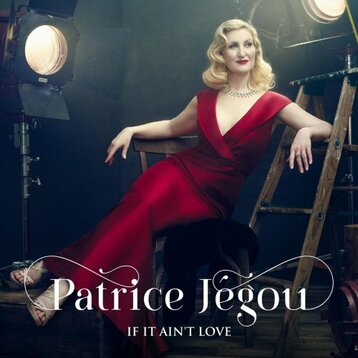
It all starts with the a cappella Romberg and Hammerstein swing of Lover Come Back to Me featured Mark Kibble’s layered vocals and Alvin Chea’s bass. Of course, Kibble and Chea are from Take 6. Then Take 6 joins her for the bluesy Wrap Your Troubles in Dreams (Listen for Patrice’s call out to Take 6 in the fade-out) and Kibble comes back again for Lover Come Back to Me. As we used to say, “If I had swing like that, I’d never leave my backyard.”
The Clayton-Hamilton Jazz Orchestra joins Patrice for the boogie-woogie of Jersey Bounce, the sway and swag of “Fats” Waller’s If It Ain’t Love, the teasing Duke Ellington tune Just Squeeze Me, and the sweeping beauty of Percy Mayfield’s Please Send Me Someone to Love, all arranged smartly by John Clayton.
Baubles, Bangles and Beads from Kismet is lush and sultry. Then Patrice is joined by Táta Vega for Allen Toussaint’s great song made famous by the Pointer Sisters, Yes, We Can Can. And this one just sets your hair on fire. David Paich rocks the piano and Hammond B-3 and David Lang wails the Wurlitzer as Abraham Laboriel thunders with the bass, and Steve Ferrone turns in some right-on drums. The mighty Tom Scott soars with the tenor sax. This single track was worth the price of admission. But Laboriel, Mike Lang, and Ferrone are joined by the amazing Larry Koonse for Remembrances (In Memory of Stan Getz). Javier Almaráz joins Patrice in duet. This was wonderful and it just rolled over me. It may have been my favorite piece on the album.
Larry Koonse lays down sweet acoustic guitar and Michael Thompson adds his electric guitar in the Gospel Choir of I’m So Glad I’m Standing Here Today. It is powerful and joyful and you begin to think that Patrice can sing absolutely anything she wants and make it her own.
Koonse and Thompson with Mike Lang stay on for Estate (Summer). Koonse opens with that warm touch of his on acoustic guitar, then comes Patrice’s equally warm intonations of the Bruno Martino and Bruno Brighetti original that João Gilberto turned into a bossa nova hit. Patrice and Koonse turn their own magic loose on this fine, fine tune.
Some of the sweetest songs are from the expected sources. Bill Evans’ Waltz for Debby is one of the most beautiful songs ever written. Patrice gives a stunningly beautiful performance of the master’s great piece. Johnny Mandel/Alan & Marilyn Bergman’s song Where Do You Start is a heart-breaking song of loss and Patrice makes you experience every tear of a break-up.
Then she closes the album with the wonderful Dave Grusin/Alan & Marilyn Bergman song, It Might Be You. Alan Bergman was once asked how he wrote such heart-felt and touching lyrics. He answered, “When you work side-by-side with the love of your life, the words come easy.” The Bergmans’ lyrics are well-understood by Patrice and she wrings the emotion of their words right out of a listener’s heart.
Patrice is able to draw on all of our experiences in her singing. She evokes joy, she emotes sorrow. She is an incredible vocalist of unrestricted style and range. Her pacing is perfect. Her understanding is unmatched. If It Ain’t Love need not worry. It’s all love.
~Travis Rogers, Jr. is The Jazz Owl
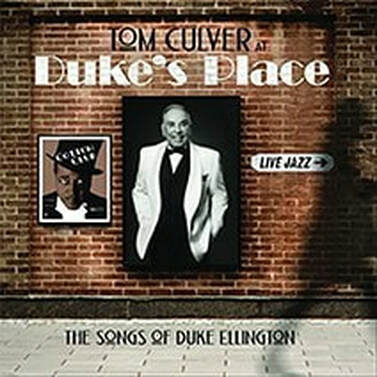
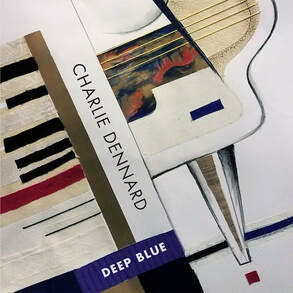

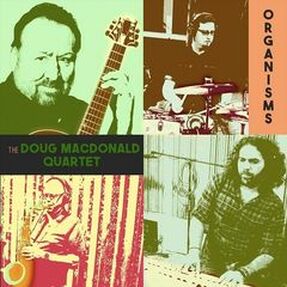
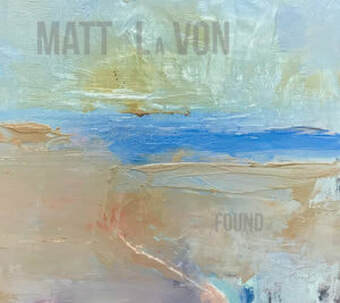
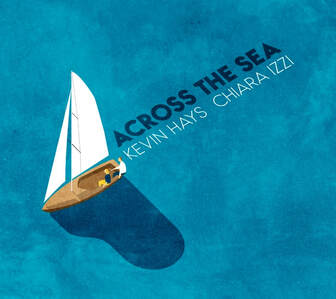
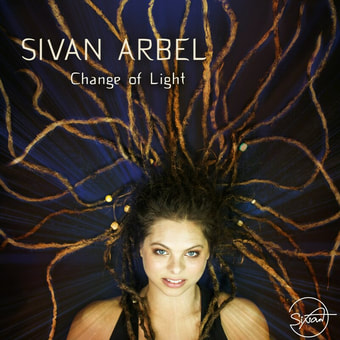
 RSS Feed
RSS Feed
